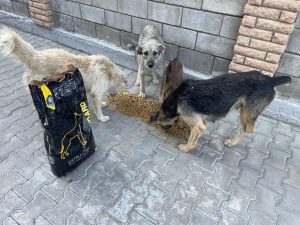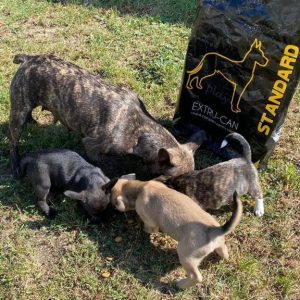Save the Dogs’ work in Ukraine with Eurogroup for Animals
Save the Dogs and Eurogroup for Animals are coordinating their efforts to help stray dogs and cats in Ukraine
Save the Dogs and Eurogroup for Animals are coordinating their efforts to help stray dogs and cats in Ukraine
The crisis of animals in Ukraine is far too big for any single organization to solve. Even before the war, in many Ukrainian cities and towns, it was common to see dogs and cats roaming the streets. Most of the animal shelters were full, very few municipalities did anything to sustainably reduce the number of stray animals, and few people sterilized their pets.
Now that millions of people escaped from the war and left their pets behind, it’s an animal welfare disaster. Stray animals are widespread, shelters are beyond capacity, and the government is not focused on animals.
Our work began since the first days of the conflict
Save the Dogs has been helping Ukrainian animals and their people since the first days of the war. It was clear that the best way to help wasn’t to act alone, so we reached out to many other organizations, both in Ukraine and worldwide, about collaborating and coordinating our efforts. Furthermore, many organizations learned about Save the Dogs’ interventions for Ukrainian animals through our posts on social media and contacted us.
Eurogroup for Animals is mainly known as a leader in advocacy and campaigns for the welfare of animals in the EU, leveraging the voices of their 100+ members to influence the European Parliament. Save the Dogs and Other Animals has collaborated with Eurogroup for many years, including attending their conferences and contributing to their campaigns. Although Ukraine is not a member of the EU, Eurogroup recognized the war’s impact on animal welfare and its relevance to the EU. In particular, many EU member countries host refugees and their pets, and food, supplies, disaster response teams, and volunteers have been deployed from the EU to Ukraine.
A Task Force to coordinate the efforts of all NGOs’
In the early days of any major disaster, communication and coordination is a challenge. Usually no one fully understands the problems and needs throughout the area affected by the disaster, and decisions must be made based on incomplete and sometimes incorrect information, because the alternative is to do nothing but wait.
To address this, Eurogroup established a Task Force to coordinate efforts for companion animals in Ukraine, and recruited Valentyna Vozna to be the Task Force Coordinator. When Valentyna reached out to Save the Dogs, we immediately replied to say that we want to be involved. Valentyna has been incredibly resourceful, collecting information about organizations that are helping animals in Ukraine as well as the needs in the country, organizing biweekly calls for sharing information, and keeping us all updated about new developments in this rapidly changing situation.

Save the Dogs’ collaboration with Eurogroup amplifies our impact for animals in need in Romania and throughout Europe
Humane solutions to manage the stray population are needed
More recently, Save the Dogs and other Task Force members recognized that because Ukraine now has larger stray dog and cat populations than ever before in its history, the country’s government agencies, veterinary authority, NGOs, and other stakeholders generally do not have experience managing similar situations. However, effective dog/cat population management is essential to sustainably and humanely reduce the number of roaming animals, and as a result, reduce the number of homeless kittens and puppies that are born.
Based on the combined experience of the members of the Task Force, we wrote a joint opinion on cat and dog population management in Ukraine, to provide guidance about how to effectively manage the overwhelming number of dogs and cats on the streets. The joint opinion, which was published this month, includes recommendations about methods for identifying and registering cats and dogs, effective sterilization programs, and minimum standards for animal shelters.
Save the Dogs’ collaboration with Eurogroup amplifies our impact for animals in need in Romania and throughout Europe, and we look forward to continuing to collaborate with Eurogroup to protect vulnerable animals.
